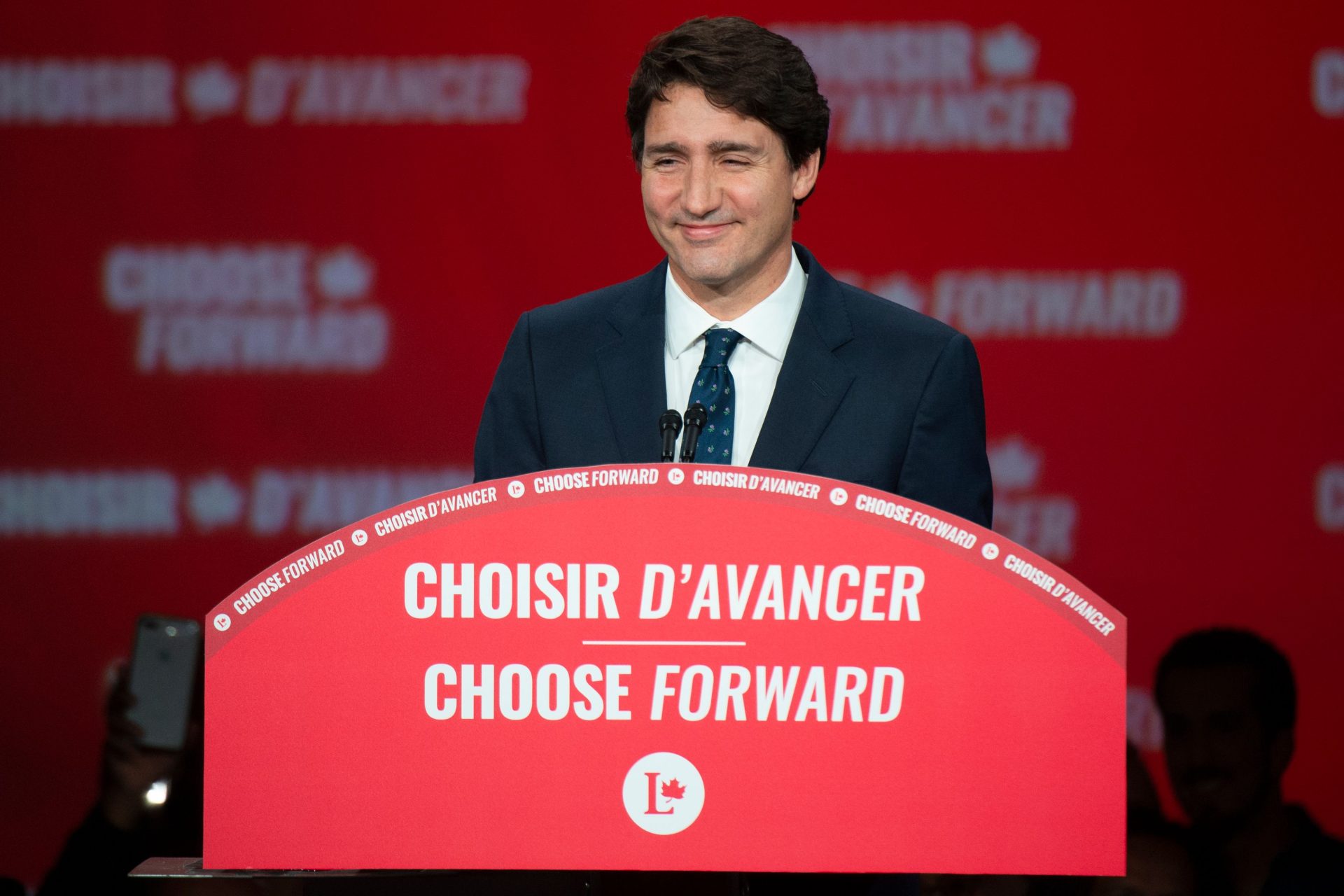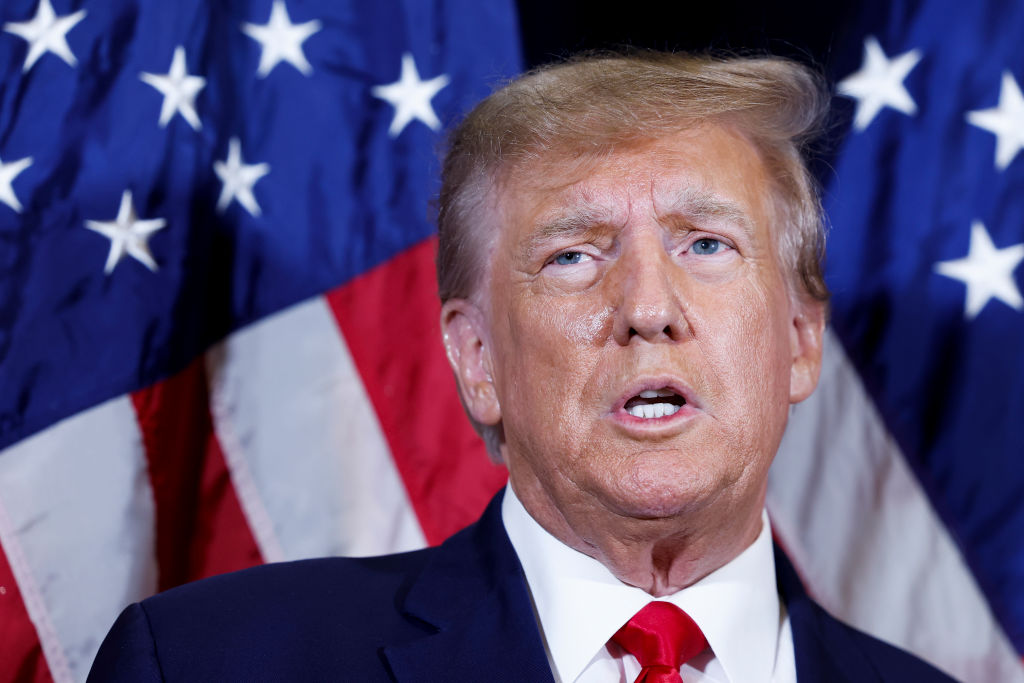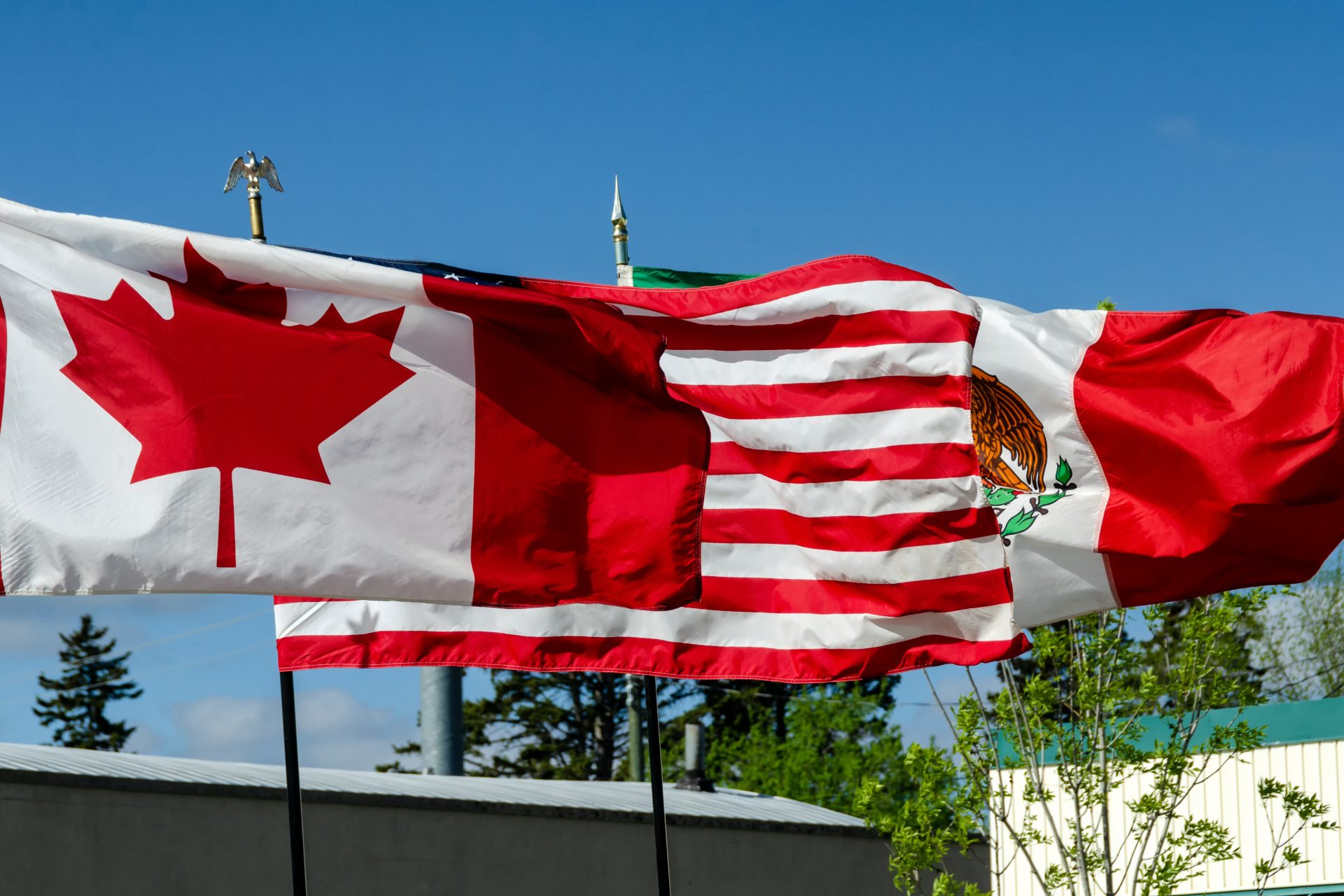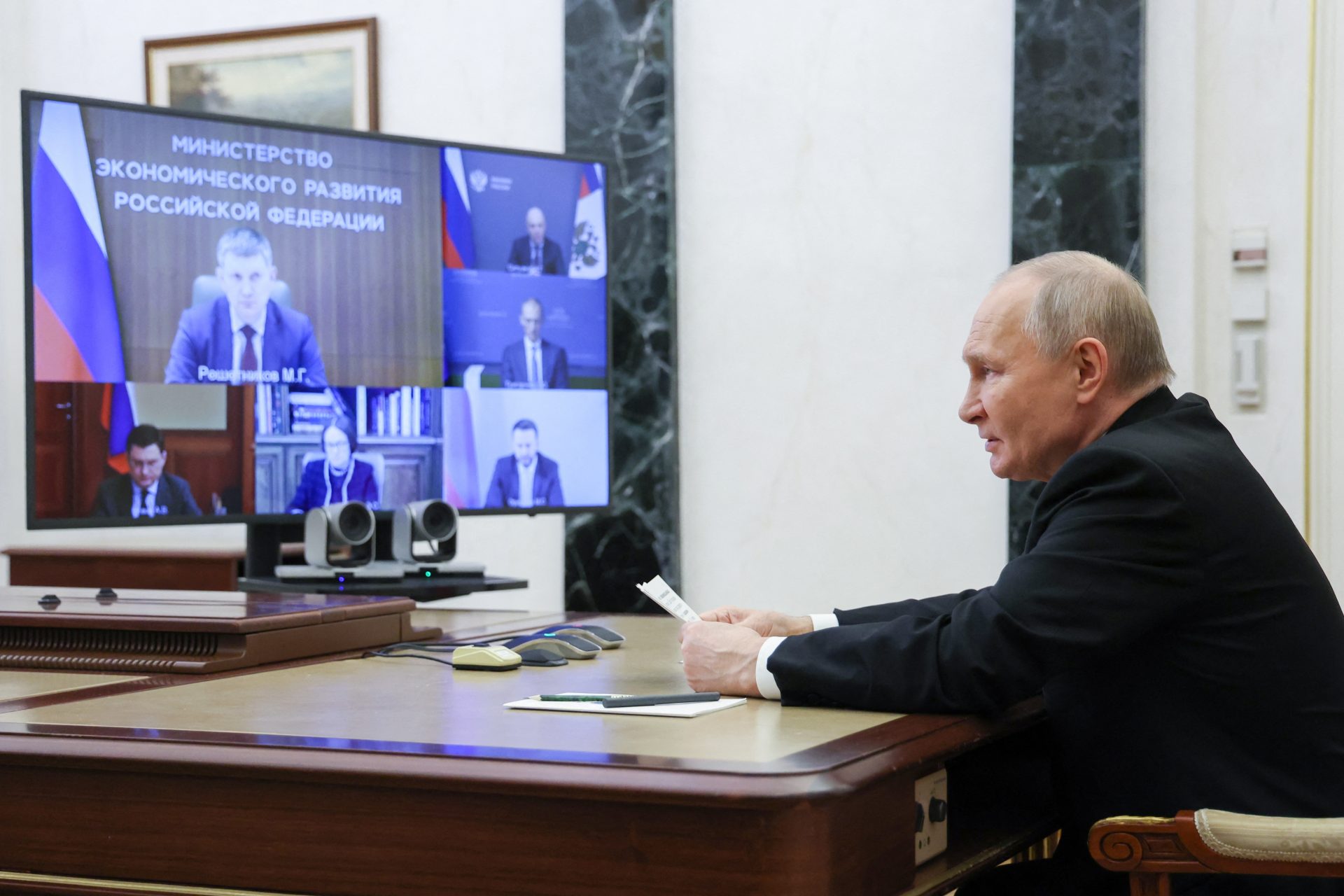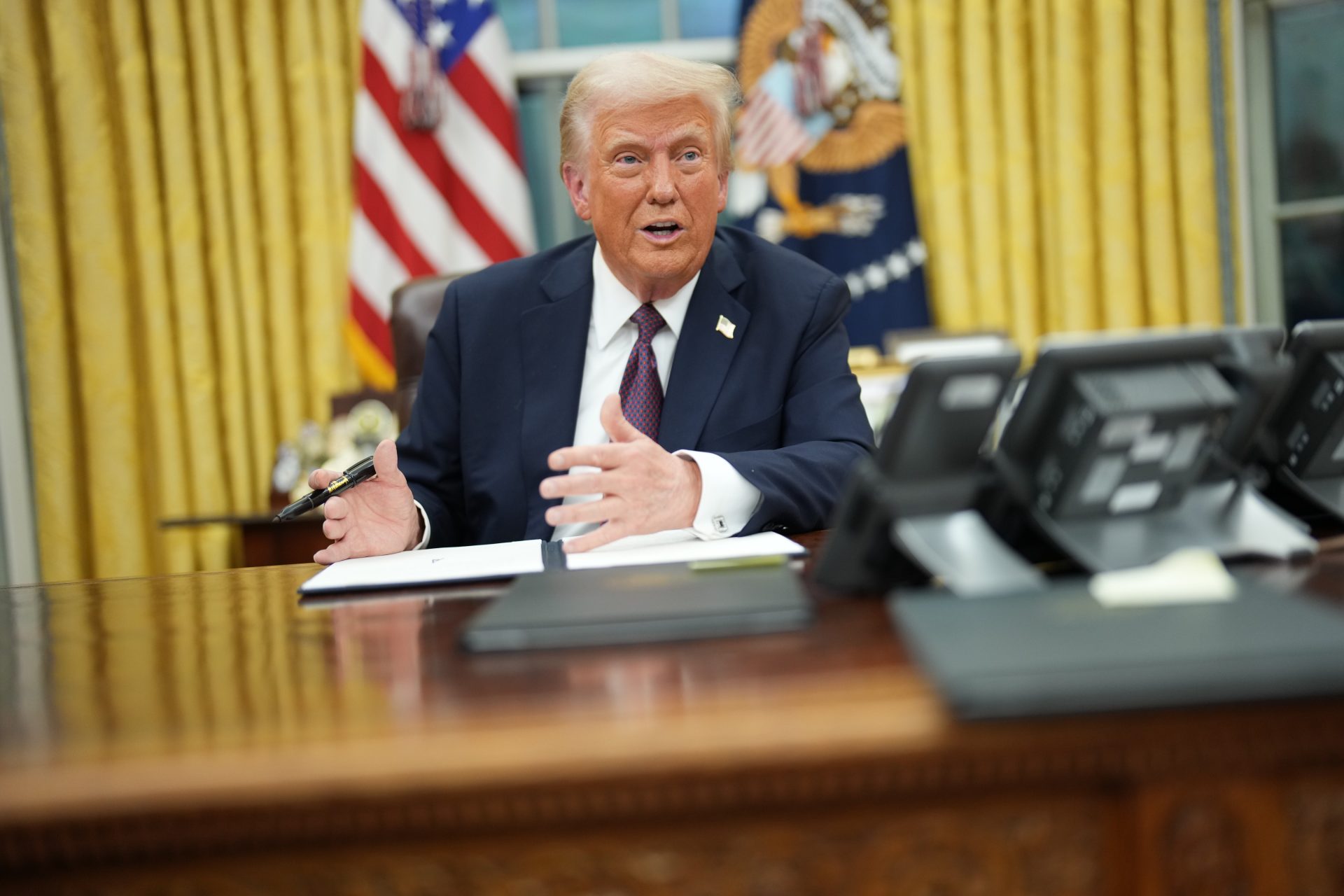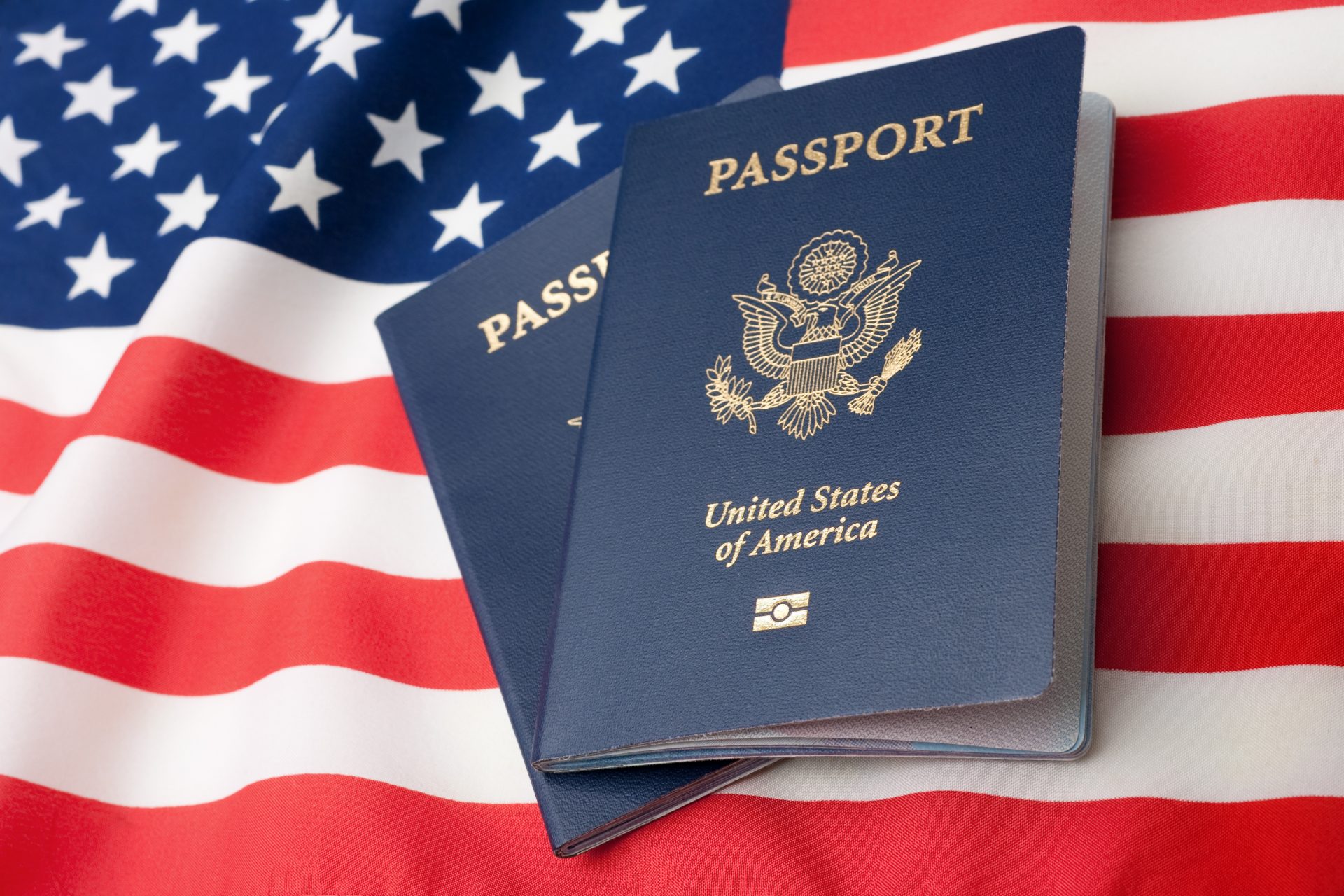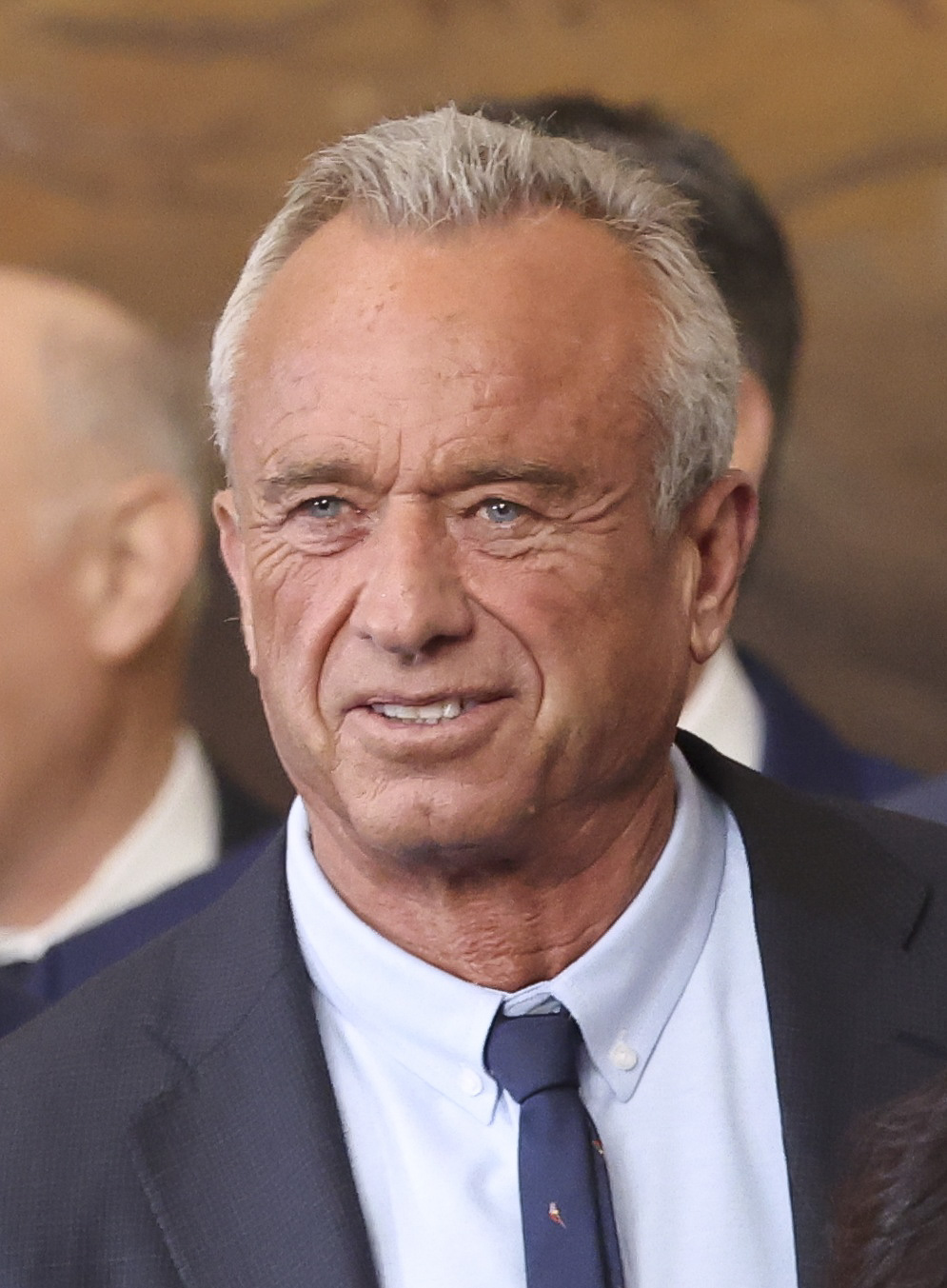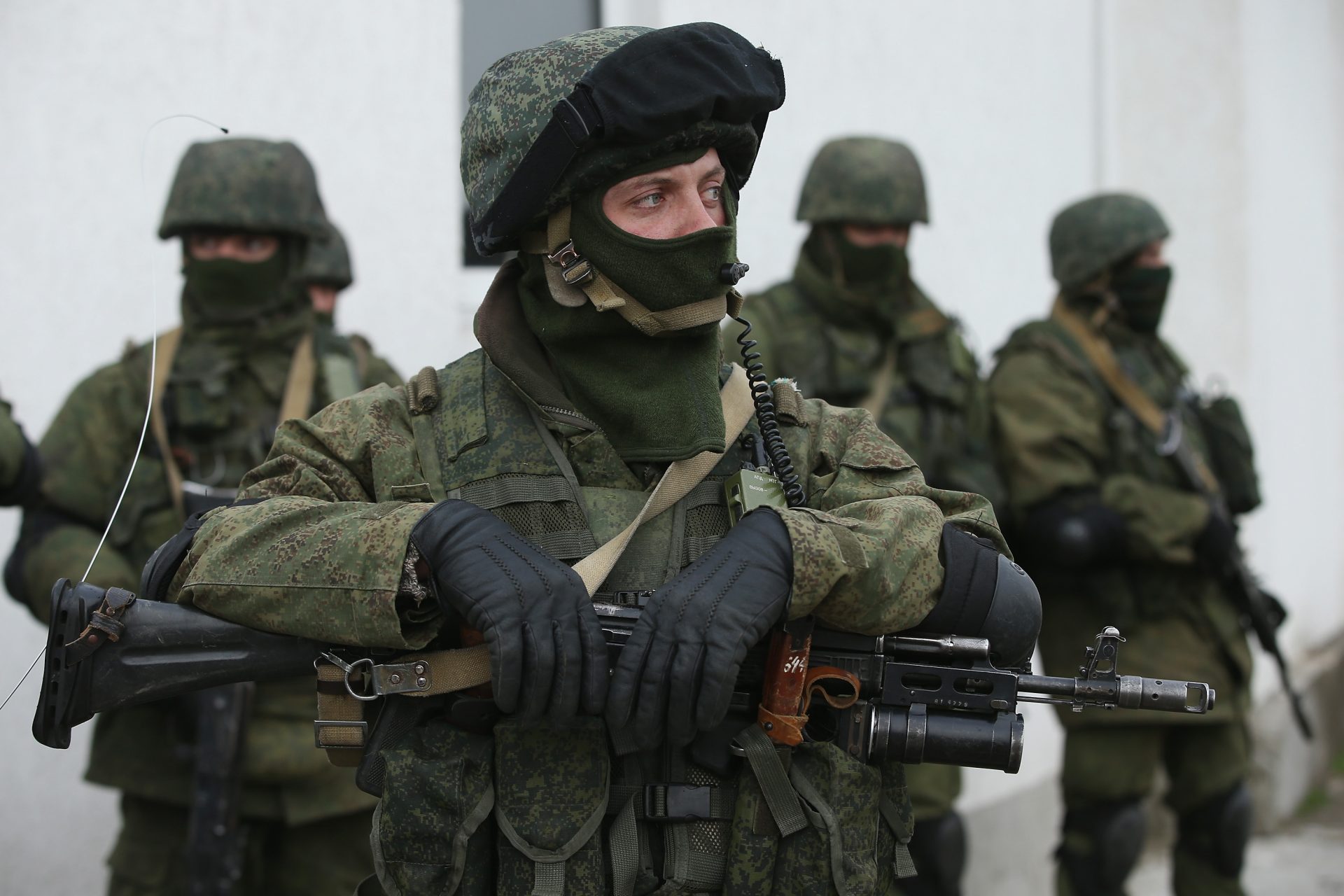Canada could be a natural gas powerhouse, so why are they refusing to invest in gas?
Only five months after Justin Trudeau rebuffed Germany’s pleas for more natural gas, Canada’s two-term serving Liberal Prime Minister turned down requests from the Japanese government to supply the country with Canadian natural gas.
In mid-January Japanese Prime Minister Fumio Kishida kicked off his country’s campaign to buy more Canadian natural gas with an official visit to Ottawa.
Kishida was hoping to secure agreements with Canada’s Liberal government to purchase some of the country’s natural gas but walked away with nothing according to The Globe and Mail.
“Trudeau flatly refused Japan’s request for assistance in securing additional natural gas supplies from Canada to protect Japan’s economy and quality of life in the face of gas shortages caused by Russia’s war on Ukraine,” wrote Kenneth Green of the Financial Post.
At a time when Canada could be securing future recurring business and building the country into a natural gas powerhouse, the government is taking a step back and refusing to develop its gas resource and help its fledgling allies.
In August, Germany looked to Canada to help fill its growing gas needs as Russia shut off its gas supplies to Europe in an attempt to weaponize winter against Ukraine’s allies.
But Trudeau refused to assist German Chancellor Olaf Scholz, saying that it would be too difficult and costly to get Western Canada’s gas to the Atlantic coast according to John Paul Shacker from CBC News. Shacker
"One of the challenges around LNG is the amount of investment required to build infrastructure for that," Trudeau said during a news conference.
"There has never been a strong business case because of the distance from the gas fields, because of the need to transport that gas over long distances before liquefaction," the Canadian Prime Minister added.
Unfortunately for Trudeau, he was wrong about the business case for liquified natural gas in Canada according to Shacker.
“The war in Ukraine has upended the global energy market,” Shacker wrote, a situation that provided a huge opportunity for the Canadian economy.
“Scholz said Germany is interested in helping Canada develop its hydrogen production capacity,” Shacker wrote, “so that it can eventually tap into that resource.”
It is estimated that Canada currently has roughly “1,373 trillion cubic feet of natural gas resources” according to the Canadian Gas Association, an amount they claim is “equal to over 200 years of current annual demand.”
The reasons behind Trudeau’s refusal to develop Canada’s natural gas sector are purely political say some analysts.
Refusing Canada's natural gas destiny is all about reaching Libeal’s net-zero policies and ensuring other countries are doing their part to reduce their carbon footprints, a situation Kenneth Green believes is very bad for Canada.
“We have a resource that does less damage to the environment than available alternatives and that we could sell at a good profit to people who are eager to buy it,” Green wrote. “Yet we simply won’t do it.”
Green added that “snubbing our allies in this way undermines Canada’s reputation as a reliable trade partner and raises red flags to other countries that might want to develop trade relations with us.”
“It makes no sense to slap down countries with shared geopolitical interests that you’ve partnered with in the past and might want to partner with again in future in order to influence world policy,” Green concluded.
While Trudeau has left the door open for future natural gas development, his government is still refusing to take up Canada’s mantle as the world’s next energy leader.
Two new liquified natural gas terminals on Canada's west coast are set to be completed in 2025 and 2027, but they won't be enough to the country's fortunes.
Trudeau's refusal to fully invest in developing Canada's natural gas resources is harming the country’s citizens long-term and only time will tell if the issue is enough to lose him the next federal election.
More for you
Top Stories
























